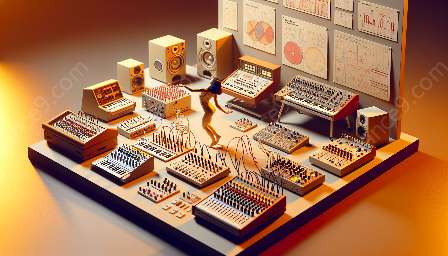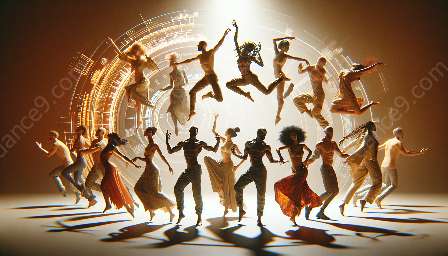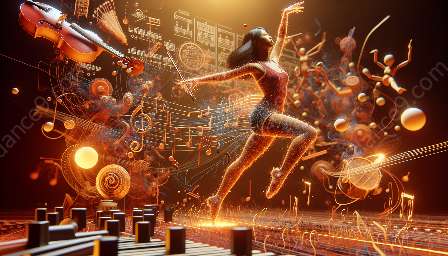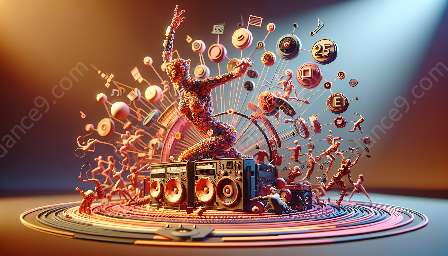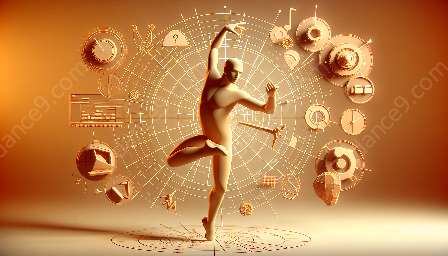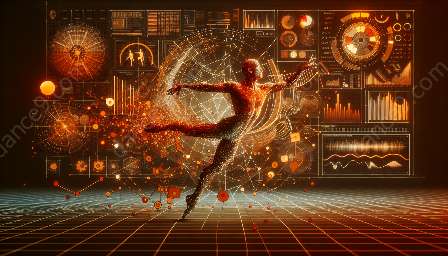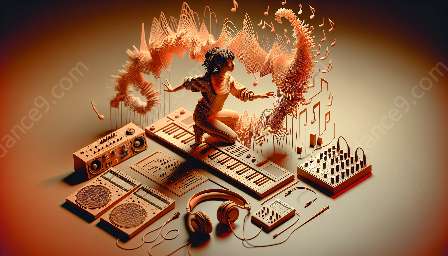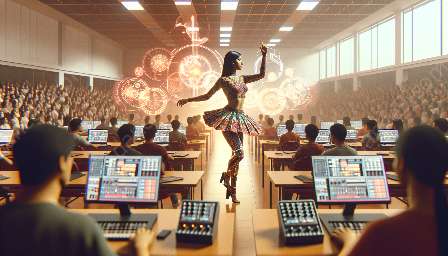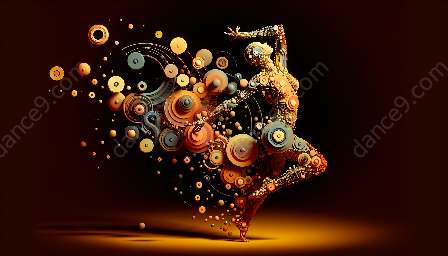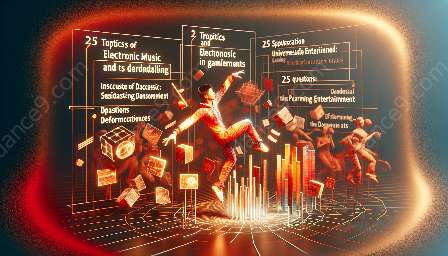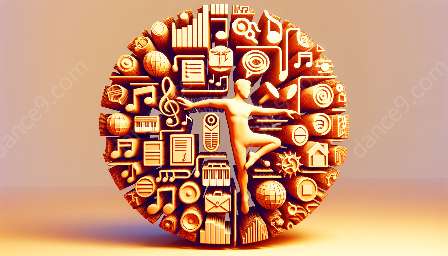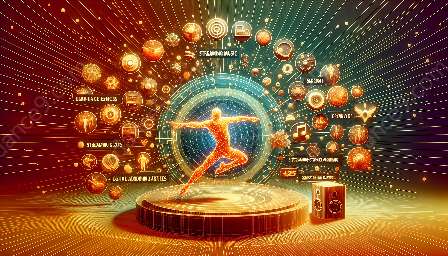Electronic music has become an integral component of modern dance performances, offering a unique expression of creativity and emotion. As dance and electronic music composition converge, it's crucial to consider the ethical implications of using electronic music in dance.
Understanding the Ethical Implications
Electronic music composition is a complex art form, often involving the use of digital tools and software to create unique sounds and rhythms. When integrating electronic music into dance performances, it's essential to consider the ethical use of copyrighted material and the impact on the original creators.
This involves obtaining proper licensure or permission to use electronic music in performances, ensuring that the original artists receive due credit and compensation for their work. Additionally, dancers and choreographers must be mindful of the impact their performances may have on the reputation and integrity of the music they choose to incorporate.
Respecting Creative Collaboration
Collaboration between dancers and electronic music composers presents an exciting opportunity for artistic innovation. Dance and electronic music can intertwine to create immersive, multidimensional performances that captivate audiences and push artistic boundaries. However, ethical considerations must be central to this collaboration.
Emphasizing transparent communication and mutual respect between dancers and electronic music composers is essential to ensure that creative contributions are honored and acknowledged. This collaborative approach fosters a sense of ethical responsibility and integrity within the artistic process, benefitting both the performers and the original creators.
Fostering Creative Ethical Practices
As the relationship between dance and electronic music evolves, it's crucial to cultivate ethical practices that uphold the integrity of both art forms. This involves promoting awareness of copyright laws, licensing procedures, and the ethical implications of using electronic music in dance performances.
Furthermore, advocating for fair compensation and acknowledgment of the original creators contributes to a more equitable and respectful artistic landscape. By incorporating ethical considerations into the process of creating and performing dance with electronic music, artists can uphold the values of integrity, collaboration, and creativity.
Conclusion
Exploring the ethical use of electronic music in dance performances illuminates the intricate relationship between dance and electronic music composition. By acknowledging the ethical implications, respecting creative collaboration, and fostering ethical practices, artists can elevate the impact and integrity of their performances. The fusion of dance and electronic music is a testament to the boundless potential of creative expression, and ethical considerations serve as the guiding principles that shape this dynamic artistic landscape.










